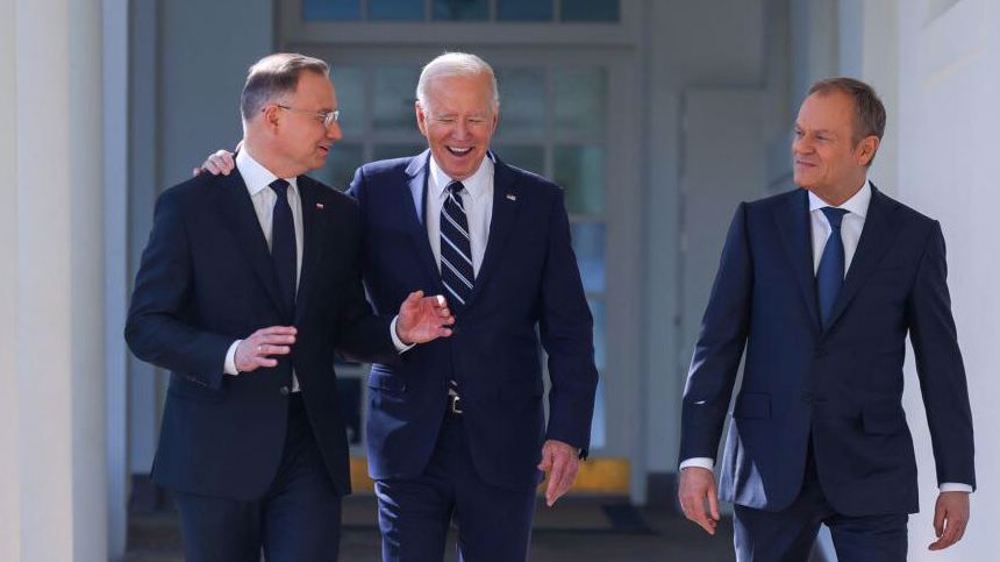Javier Solana refused visa waiver to US because of Iran trip
Javier Solana, a former secretary general of the NATO military alliance and foreign policy chief of the European Union, has been refused a visa waiver to enter the US because of his trip to Iran in 2013.
Solana, who played a central role in negotiations over Iran’s nuclear program when he was the EU’s foreign policy chief, said on Monday that his renewal application on the Electronic System for Travel Authorization (ESTA) had been rejected for the first time.
ESTA is an automated system that determines the eligibility of visitors to travel to the United States under the Visa Waiver Program.
The Spanish-born politician and physicist had been due to speak at an event at the Brookings Institution, a Washington-based think tank.
Solana, 75, said that he considered the issue “to be more bureaucratic than political.”
“It’s a bit of a mean decision,” Solana told Spain’s Antena 3 TV channel. “I don’t think it’s good because some people have to visit these countries to keep negotiations alive.”
“I’ll see what I can do to fix this. It’s a computer – an algorithm – and if you’ve been in Iran lately, they take you out of the system. It’s like you don’t exist visa-wise, because you can’t visit the country.”
Solana, who received his US doctorate in physics in 1971 from the University of Virginia, said he would apply for a US visa instead, a more cumbersome and expensive process. “I need to go because I need to work there and I’m a professor at various universities,” he said.
Solana, who has also served as Spain’s foreign minister, said he had been invited to Iran in 2013 to attend the inauguration ceremony of Iranian President Hassan Rouhani. Solana had no official government post at that time.
The US Visa Waiver Program allows people from 38 high-income countries, namely EU states, Australia, Japan and South Korea, to travel to the US without applying for a visa.
However, in 2015, the administration of former US President Barack Obama signed a law that would require foreign citizens eligible for the waiver program to obtain a US visa if they had traveled to Iran, Iraq, Syria, Libya, Sudan, Somalia and Yemen after March 1, 2011.
Such travelers are required to go through the full vetting process required to get a visa, including an in-person interview at a US Embassy or Consulate.
But visa waivers can also be granted on a case-by-case basis for those who have traveled to Iran as government representatives, journalists or aid workers.
The rule predates US President Donald Trump’s controversial travel ban on five Muslim-majority countries and North Korea.
The Trump administration has been especially hostile to Iran. Trump announced in May that the US would withdraw from the 2015 Iran nuclear deal.
VIDEO | Leader meets workers on Labor Week
French police called in to break up US-style pro-Palestinian student demo
VIDEO | US continues starving Syrians, stealing their resources
Yemeni forces strike Israeli ship, Port of Eilat in solidarity with Gaza
Columbia, Yale students bent on ending US support for Israeli genocide
VIDEO | Genocide in Gaza
Iran calls on BRICS to play role in stopping Israeli crimes
President Raeisi’s historic visit opens new chapter in Iran-Pakistan ties











 This makes it easy to access the Press TV website
This makes it easy to access the Press TV website